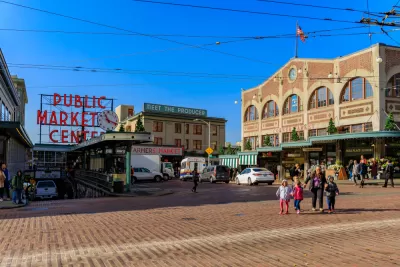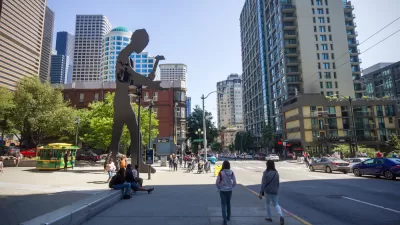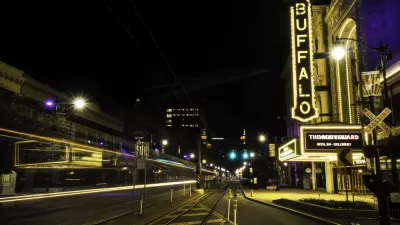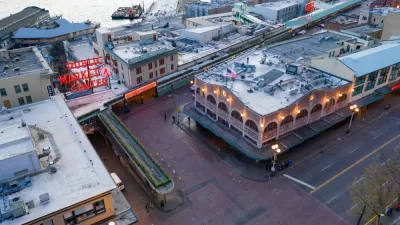The fund will invest $6 million in community-led projects aimed at public space activation, digital equity, and other recovery strategies.

"The Seattle Office of Economic Development (OED) announced the debut of its Neighborhood Economic Recovery Fund, which will support community-led strategies such as public and commercial space activation, digital equity, outreach and other economic recovery projects that respond to the specific economic and community needs of neighborhoods across Seattle." As reported by Natalie Bicknell Argerious, the fund "will invest over $6 million through direct grants to neighborhood business district organizations and other community-based organizations," $1.2 million of which will be awarded through a Request for Proposals (RFP) process. According to a press release from Pamela Banks, Interim Director of OED, "[t]he Neighborhood Recovery Fund is aimed at 'partnering with our organizations already doing this work and welcoming the new ideas of others that are willing and ready to contribute to our collective recovery efforts.'"
In Seattle, "lower-income and BIPOC (Black, Indigenous, people of color) residents have been disproportionately impacted by the pandemic, a trend that extends to the small businesses they own. Experts fear that the pandemic recovery is exacerbating income inequality — similar to what occurred after the Great Recession." In addition to public space activation and digital equity, the grants will focus on communications infrastructure development, physical improvements, community safety, and outreach projects. "According to the OED, eligible applicants include business, community, cultural or arts organizations, cultural districts, and small businesses such as community event producers, artists, consultants or a collection of individuals supporting neighborhood strategies with broadly shared benefits."
FULL STORY: Seattle’s Neighborhood Recovery Fund Open for Proposals

Planetizen Federal Action Tracker
A weekly monitor of how Trump’s orders and actions are impacting planners and planning in America.

Map: Where Senate Republicans Want to Sell Your Public Lands
For public land advocates, the Senate Republicans’ proposal to sell millions of acres of public land in the West is “the biggest fight of their careers.”

Restaurant Patios Were a Pandemic Win — Why Were They so Hard to Keep?
Social distancing requirements and changes in travel patterns prompted cities to pilot new uses for street and sidewalk space. Then it got complicated.

Maui's Vacation Rental Debate Turns Ugly
Verbal attacks, misinformation campaigns and fistfights plague a high-stakes debate to convert thousands of vacation rentals into long-term housing.

San Francisco Suspends Traffic Calming Amidst Record Deaths
Citing “a challenging fiscal landscape,” the city will cease the program on the heels of 42 traffic deaths, including 24 pedestrians.

California Homeless Arrests, Citations Spike After Ruling
An investigation reveals that anti-homeless actions increased up to 500% after Grants Pass v. Johnson — even in cities claiming no policy change.
Urban Design for Planners 1: Software Tools
This six-course series explores essential urban design concepts using open source software and equips planners with the tools they need to participate fully in the urban design process.
Planning for Universal Design
Learn the tools for implementing Universal Design in planning regulations.
Heyer Gruel & Associates PA
JM Goldson LLC
Custer County Colorado
City of Camden Redevelopment Agency
City of Astoria
Transportation Research & Education Center (TREC) at Portland State University
Camden Redevelopment Agency
City of Claremont
Municipality of Princeton (NJ)





























